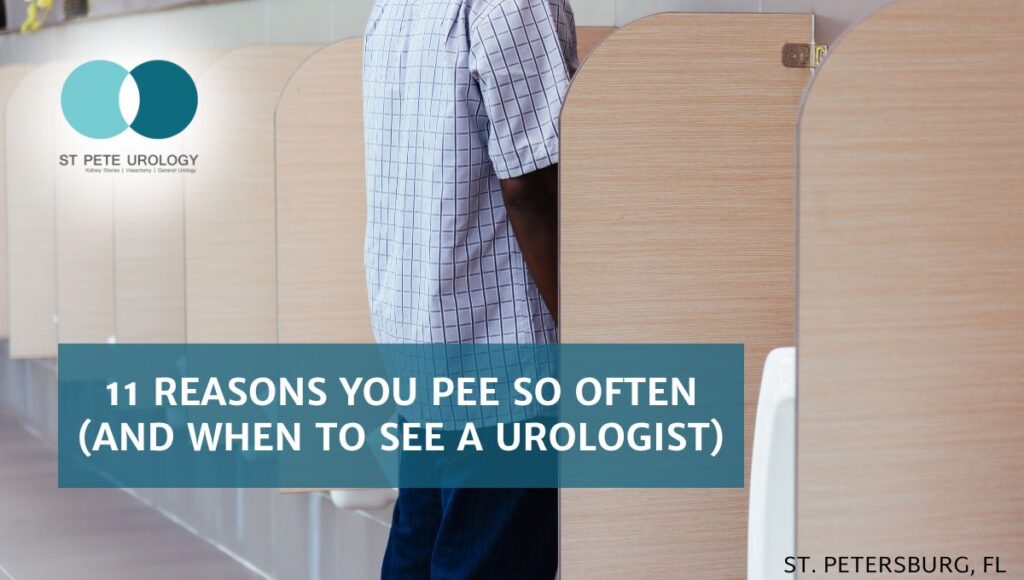Prostate Enlargement or Benign Prostatic Hyperplasia is a common condition that affects men ages 60 and above. As men grow older the prostate gets larger thus constricting Urethra limiting the urine passage. For more info on Prostate Enlargement call us at (727) 822-9208 or visit our urologist at St Petersburg, FL.
What is Prostate Enlargement?
- Posted On March 11, 2013
- Posted by St Pete Urology
- In News, Prostate Cancer, Prostate Enlargement, St. Petersburg, FL, Videos
Find Our Office
- 830 Central Ave, Suite 100, St. Petersburg, FL, 33701, USA

Dr. Reid Graves, Dr. Nicholas Laryngakis and Dr. Adam Oppenheim of St Pete Urology are board certified urologists in treating urological diseases with the use of the latest technology available. Contact us at our office in St Petersburg, Florida.




